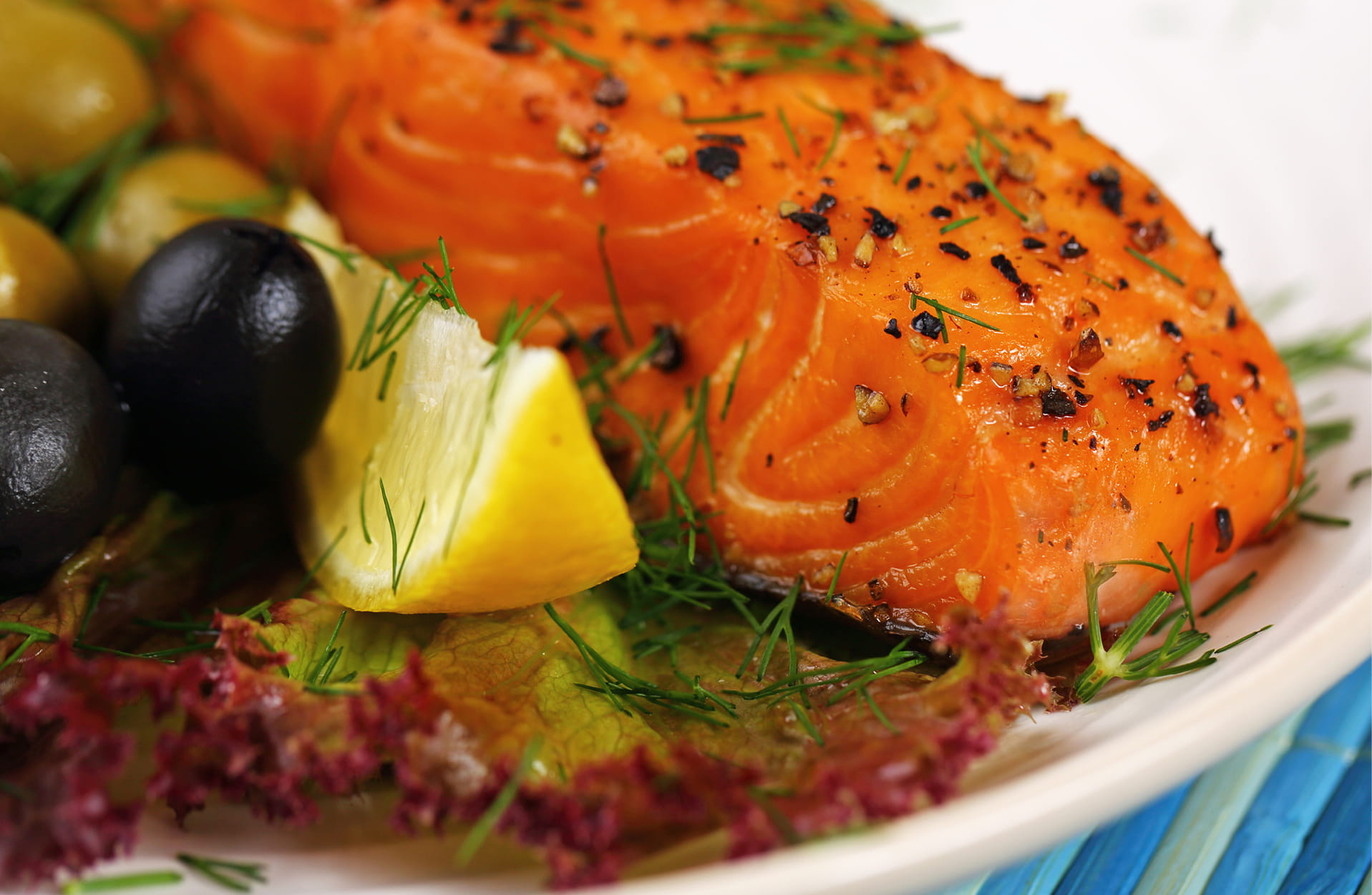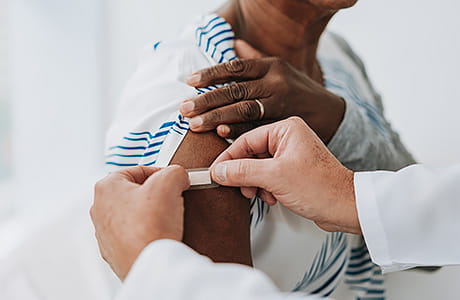7 tips for a healthy bladder
Boost your bladder health — and keep it healthy for years.
You’re always on the run, and on the go. But nobody wants to be constantly running “to go.”
If you’re using the bathroom too often — or you want to avoid that scenario — try these hints to prevent and reduce urinary incontinence, which happens to more people than you might think.
“There are about 25 million people dealing with urinary incontinence, and most of them are women,” says Dr. Blake Garmon, internal medicine physician at Geisinger 65 Forward in Shamokin Dam, who explains that it can be caused by weakening bladder muscles or nerve damage. “But incontinence isn’t just a part of life — for many, it’s a medical condition you can work to prevent.”
Here are seven ways to keep your bladder healthy that can help prevent incontinence, too.
1 - Drink water for a healthy bladder.
Believe it or not, drinking plenty of water, and not too little, can help you prevent incontinence. When you don’t drink the recommended six to eight glasses of water each day, your bladder gets used to holding less fluid. This can lead to incontinence.
“If you worry about bladder leakage during the night, cut back on drinking fluids an hour or two before bed,” Dr. Garmon says.
2 - Avoid constipation.
If you don’t empty your bowels regularly, they can put pressure on your bladder and cause incontinence.
Eating a healthy diet with plenty of fiber and drinking enough water can help to keep things moving. If you experience constipation regularly, here’s what you can do.
3 - Maintain a healthy weight.
There are a number of health issues associated with being overweight — and research shows that urinary incontinence is another issue that can affect people carrying too much weight.
Losing weight can lessen the pressure put on your pelvic floor muscles, which helps to keep urine in your bladder.
4 - Maintain a healthy diet.
Certain foods can contribute to urinary incontinence. Chocolate, acidic fruits like oranges or grapefruits, spicy foods and sugary treats can all irritate your bladder and cause incontinence.
“If you have urinary incontinence, try removing chocolate, acidic fruits, spicy foods and sweets from your diet to see if that has an impact,” says Dr. Garmon. “You can then try to add them back in slowly to see how they affect your body.”
Trying out some new healthy recipes can help maintain your healthy diet and lose weight over time.
5 - Avoid tobacco products.
People who smoke are three times more likely to have urinary incontinence compared to those who don’t smoke. Though researchers don’t know exactly why this happens, it may have something to do with how nicotine interacts with your bladder.
Smokers are also more likely to have a chronic cough, which can lead to bladder leakage.
6 - Stay away from caffeine, fizzy drinks and alcohol.
Coffee and other caffeinated beverages, sodas with sugar or artificial sweeteners and alcohol can all irritate your bladder and may cause urinary leakage. If you’re prone to incontinence, it might be best to drink water.
7 - Practice Kegel exercises.
Strengthening the pelvic floor muscles can help you prevent urinary incontinence. You can do these exercises, called Kegels, by tightening the muscles used to keep urine in, holding and releasing.
Talk to your doctor to find out how often you should do Kegel exercises.
Prevent and treat chronic conditions.
Many chronic conditions can also affect your bladder. For example, if you have uncontrolled diabetes, there may be sugar in your urine, which can increase urinary leakage. Also, untreated vascular disease and other conditions can cause damage to the nerves to your bladder.
Making sure these diseases are controlled may prevent worsening of bladder function over time. “If you have any urinary incontinence, talk with your doctor,” says Dr. Garmon. “They can help you find the cause of your incontinence and find a treatment that works best for you.”
Next steps:
Meet. Dr. Blake Garmon
Learn more about Geisinger 65 Forward.
What is urinary incontinence?





